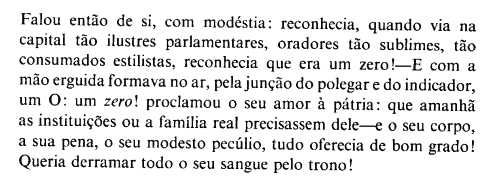
Worldwide shipping, since 1992!
View Cart
| About Us | Contact Us |
 |
Hundreds of Languages, Thousands of Products Worldwide shipping, since 1992! |
View Cart |
|
|
|||
| Languages | > | Portuguese | Tweet |
Portuguese is the national language of both Portugal and Brazil. With about 10 million speakers in the former and some 160 million in the latter, coupled with speakers in Portuguese colonies in Africa, in the Atlantic, and in Asia, its total number of speakers is over 170 million. in northwesternmost Spain about 3 million people speak a dialect of Portuguese known as Galician. Portuguese is spoken/used in the following countries: Angola, Azores (Portugal), Brazil, Canada, Cape Verde (Republic of), Guinea Bissau, Macao (Portuguese), Mozambique, Portugal, Sao Tome & Principe, United States of America. Language Family

He spoke modestly of himself. He admitted that he was a mere zero amongst the comsummate stylists, the subline orators and illustrious parliamentarians who swarmed in their capital. In pronouncing the word "zero" he formed an "0" with his index and thumb, raising his hand before him. He proclaimed his love for his country: and said that if its institutions or the Royal Family should ever have need of them—his body, his talent, his pen, and his modest fortune in savings, would all be at their disposal. He would love to pour out his last drop of blood for the throne. | ||||||||||||||||||||||||||||||||||||||||||||||||||||||
|
©1992-2025 World Language Resources, Inc.
All Rights Reserved.
2390 Crenshaw Blvd., #813, Torrance, CA 90501 USA Tel: 424-328-0063 About Us | Contact Us | Privacy Policy | Help Browse: Languages | Product Types | Countries |